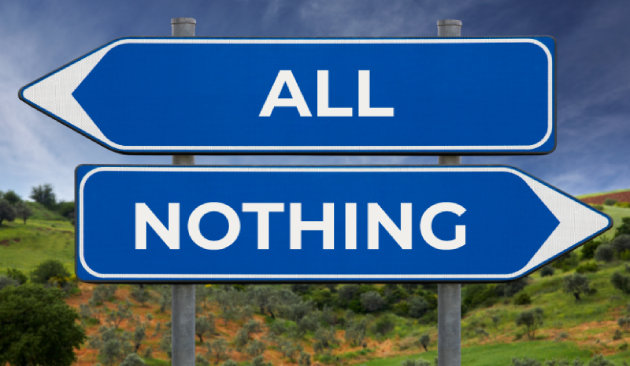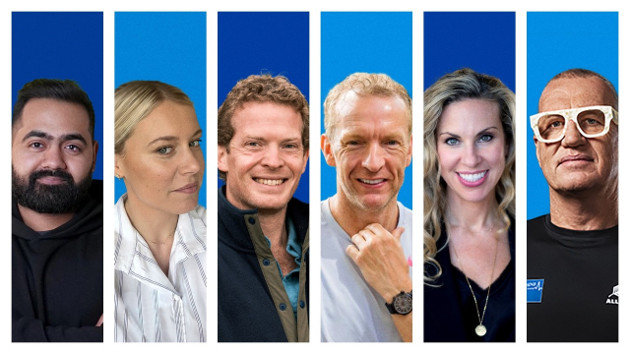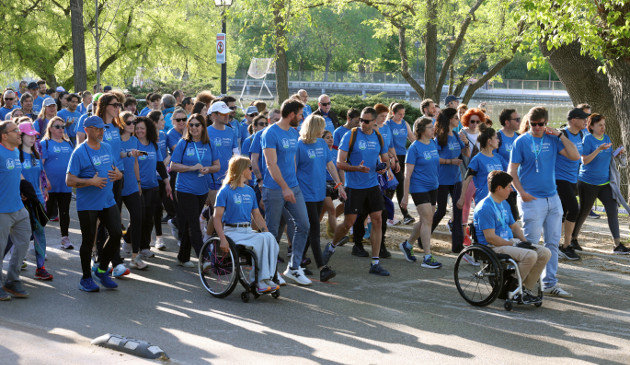Just before Christmas, a long-lost friend I met on my first day at primary school and haven’t seen for 25 years got in touch, completely out of the blue. The playground was the backdrop to our first encounter. No-one would have imagined back then that one day we would speak on a Zoom call in the middle of a global pandemic – this would have sounded like the stuff of science fiction.

The kind intent to reconnect and the simple act of sending an email to say hello, which resulted in several nostalgic fun-filled trips down memory lane, was a valuable reminder of the positive choices available to us, even in these most difficult of times.
Given how long many of us have, in one way or another, been living with lockdowns and social distancing measures, resilience is needed now more than ever. We have become so used to hearing about the things we can’t do that there’s a danger we forget about the things that many of us can still do.
I know people who have taken advantage of the time in lockdown to take on big projects, such as learning a new language or playing the piano, which is great. However, I’m thinking of smaller things we can do to improve our health, wellbeing and energy levels, on a day-to day-basis. These include what we fuel our bodies with, what we fill our minds with, how much we move, whether we manage to get out in daylight and who we connect with.
Most of us know from experience that what we eat affects our bodies and our minds. Having a balanced diet based on fresh fruit and vegetables with foods that release energy slowly can help us feel better and think more clearly. I know that although I might enjoy eating a treacle pudding, I will feel physically and mentally sluggish later on!
Sustainable and positive outcomes
That’s not to say we shouldn’t treat ourselves and eat only eat foods that are deemed healthy. This ‘all or nothing’ approach can be extremely unhelpful. Instead, more sustainable and positive long-term outcomes can often be made by choosing the more balanced middle ground. Where, for example, we don’t have to stop eating biscuits, but recognise the benefits of consuming fewer, where we don’t feel defeated at the prospect of being unable to get through the recommended daily guidelines of fruit and vegetables, but see that incorporating some is better than none.
Equally important for my wellbeing is being intentional about what I put into my mind, from the tv programmes and films I watch to the radio and music I listen to. We need to ask ourselves whether the content we’re consuming, the books we’re reading, are making us feel positive or draining us of energy.
Keep moving
Physical movement also deserves attention. I have spent more time at home over the past ten months than at any other time in my life. It’s easy to find myself sitting at my desk for ten or more hours without a break. And so, I make a point of getting up from my desk regularly to move and stretch, and when on work calls I’ll try and do some standing up or while walking around the house.
When I’m out on my daily walk with my two dogs, I find if I’m fully unplugged, taking in my surroundings, listening to the sounds, letting thoughts come and go, I know it will be a more nourishing experience. At the moment these walks are usually in the dark so I try also to get outside, even if only for a short time, in daylight. We can’t underestimate the importance of being outside and taking in the bigger picture, as it were, especially when we’ve all gotten so used to staring at small pixelated screens from morning till night.
Virtual catch ups have gone on for longer than any of us would wish but they serve an important purpose in helping maintain our social networks at a time when we most need the support of family, friends and colleagues. We all have good and bad days and I know which of my friends are particularly good to connect with when I’m feeling low, and I try to reciprocate by being positive for others who are having a tough time.
This kindness for others is what we can also show ourselves in the small daily choices about things like diet, exercise and wellbeing. Because practiced consistently over time these seemingly tiny, inconsequential acts can in reality lead to significant, positive outcomes.

Dr Paula Franklin
Chief Medical Officer



